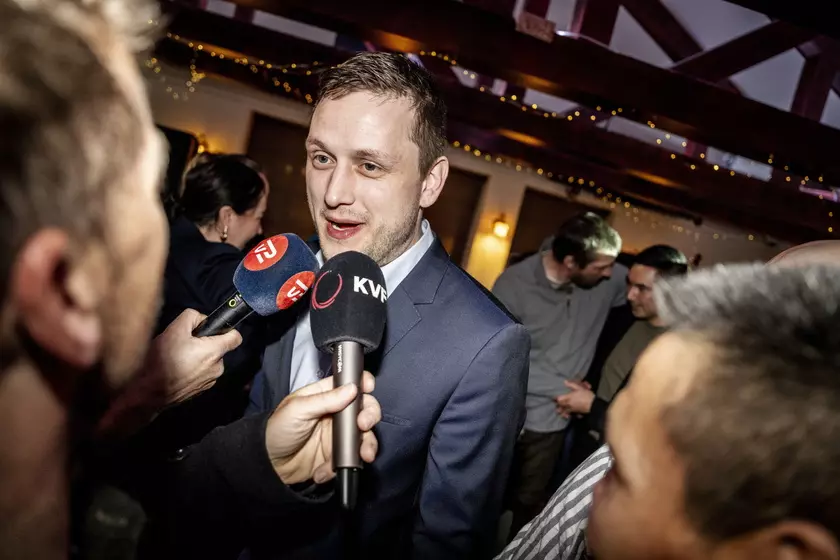An election verdict that overturned expectations and marked a turning point for Greenland: the center-right party Demokraatit secured over 30% of the votes, taking first place in the elections. According to reports from the Greenlandic public broadcaster KNR, the nationalist party Naleraq followed with 25%, while the left-wing environmentalist party Inuit Ataqatigiit, led by the outgoing Prime Minister Mute Bourup Egede, reached only 21%. The social-democrats of Siumut saw a significant drop, gathering only 14% of the vote.
The election was characterized by a wave of nationalism, with an intense debate about the possibility of quickly achieving independence from Denmark. The high voter turnout seemed to have been influenced by statements from U.S. President Donald Trump, who expressed a desire to take control of the Arctic island rich in strategic natural resources.
The call for early elections, decided by Prime Minister Egede, had been motivated by the need to address a delicate historical moment. On election day, the turnout was so high that the main polling station in Nuuk had to extend its opening hours by half an hour to allow everyone to vote.
The result went against most predictions, particularly regarding the choice of Demokraatit, which defines itself as a social-liberal party with a more cautious approach towards independence. In contrast, Naleraq had pushed for an immediate break with Copenhagen.
Although Greenland gained substantial sovereignty in 2009, its formal autonomy will depend on the decisions of the 31 elected parliamentarians and, above all, on the alliances that Demokraatit manages to form. Dwayne Menezes, director of the Polar Research and Policy Initiative, a British think tank specializing in polar regions and energy and environmental issues, stated that “It will be crucial to see whether the party decides to form a coalition government and with which it allies.”
However, no political force was able to secure an absolute majority, and discussions for the formation of a new government are now underway, which will have to address one of the most crucial decisions for the country’s future.












